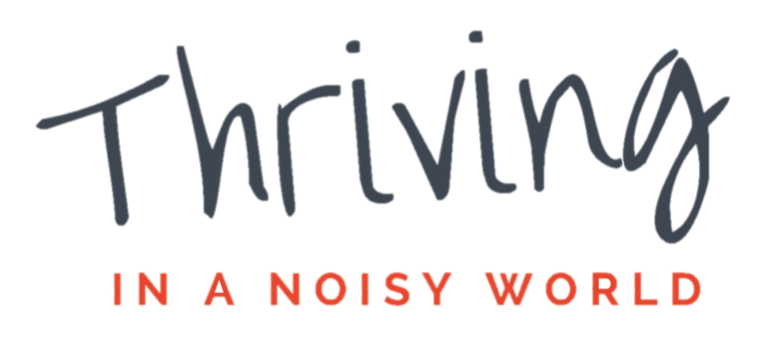“We waste so much energy trying to cover up who we are when beneath every attitude is the want to be loved and beneath every anger is a wound to be healed and beneath every sadness is the fear that there will not be enough time… Our challenge each day is not to get dressed to face the world but to unglove ourselves so that the doorknob feels cold and the car handle feels wet and the kiss goodbye feels like the lips of another being soft and unrepeatable.” - Mark Nepo, from The Book of Awakening
I’ve been spent the past 10 days on a silent meditation retreat (at home!) “ungloving” myself to feel what’s real and alive. To pause, listen inwardly, and be as kind and gentle as possible with whatever called for my attention underneath my protective coverings. With nothing to do but be, there was no shortage of tough stuff to explore (especially in these intense times!). The familiar stories of being deeply flawed, undeserving, unworthy of love and connection until I’m “perfect.”
I’ve realized anew how easy it is to forget the truth of who we are – our innate goodness and belonging. It’s truly a tragedy how much time we spend trying to cover up our insecurity and be what we think others want us to be. As Galway Kinnell writes, “sometimes it is necessary to reteach a thing its loveliness.”
I always find it helpful to remember our shared humanity: We all have messy lives and carry wounds of not feeling loved, accepted, seen, understood, and safe to varying degrees.
As someone who’s never felt that I fit neatly into any one community, I love this reminder by Sebene Selassie: “Weirdos. Will. Slay. Because not fitting in to any one community is a super power. But only if you choose to fit into yourself first.” (here’s a beautiful example of what that can look like )
Fitting into ourselves first takes self-acceptance and self-compassion. We start close in and bring awareness and kindness to our difficult emotions, experience, and hurt parts. We tend to ourselves first so we can better widen the circles of our compassion outward and support others.
One powerful way to cultivate self-compassion is through the practice of RAIN. It invites us to be with our emotions and actual lived experience with mindfulness and compassion. The acronym RAIN stands for:
Recognize: Seeing clearly what's going on and how we are stuck inside an experience;
Allow: Creating space to be with the experience just as it is;
Investigate: Moving from the story and beliefs to getting in touch with the actual lived experience, with kindness; and
Nurture: Offering kindness inwardly.
Here's a ~16 min guided RAIN practice.
I let it RAIN over and over again during the retreat and found more spaciousness, freedom, and a deep sense of love and belonging.
May you always remember your loveliness. And if you don't believe it, I'll believe it for you.
With love,
Sarah-Marie








